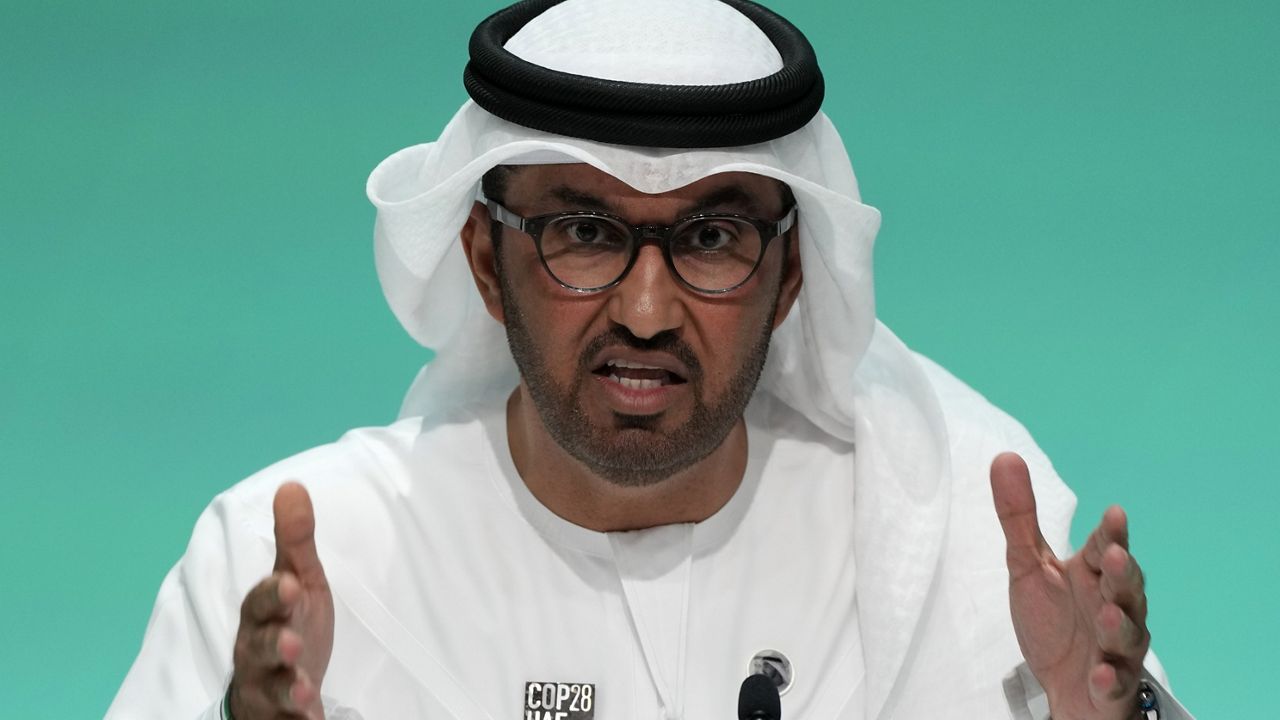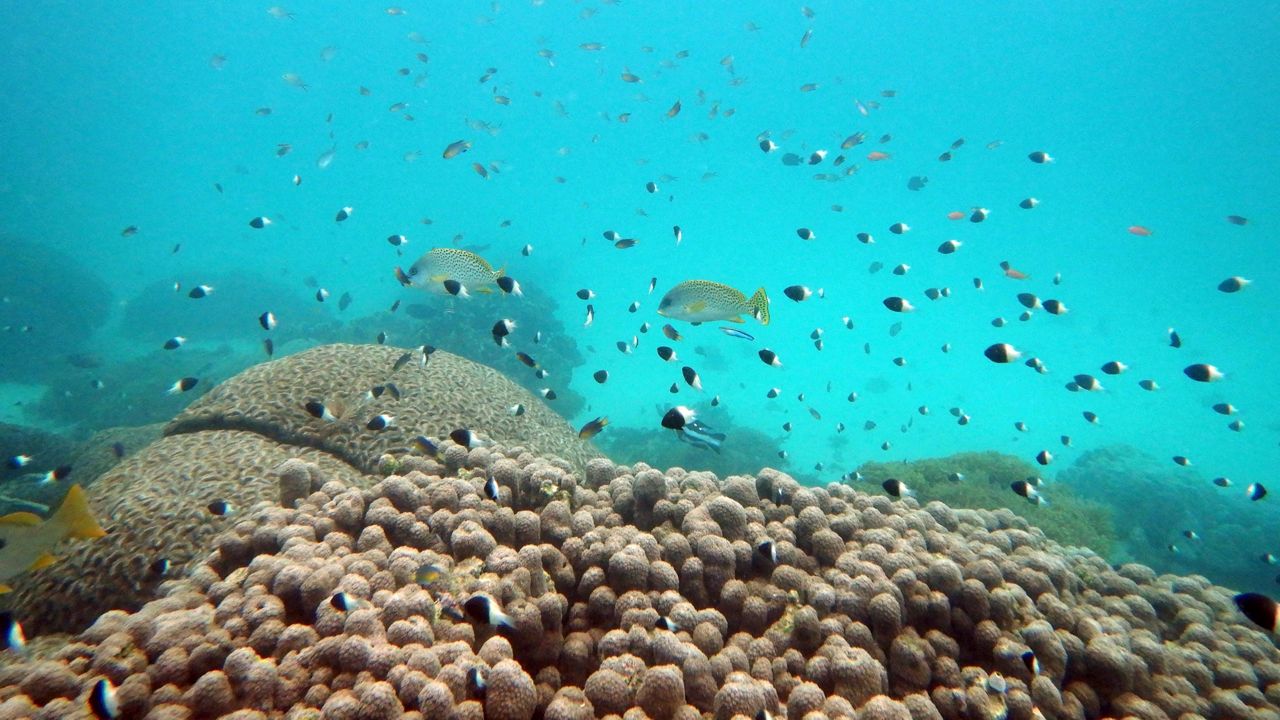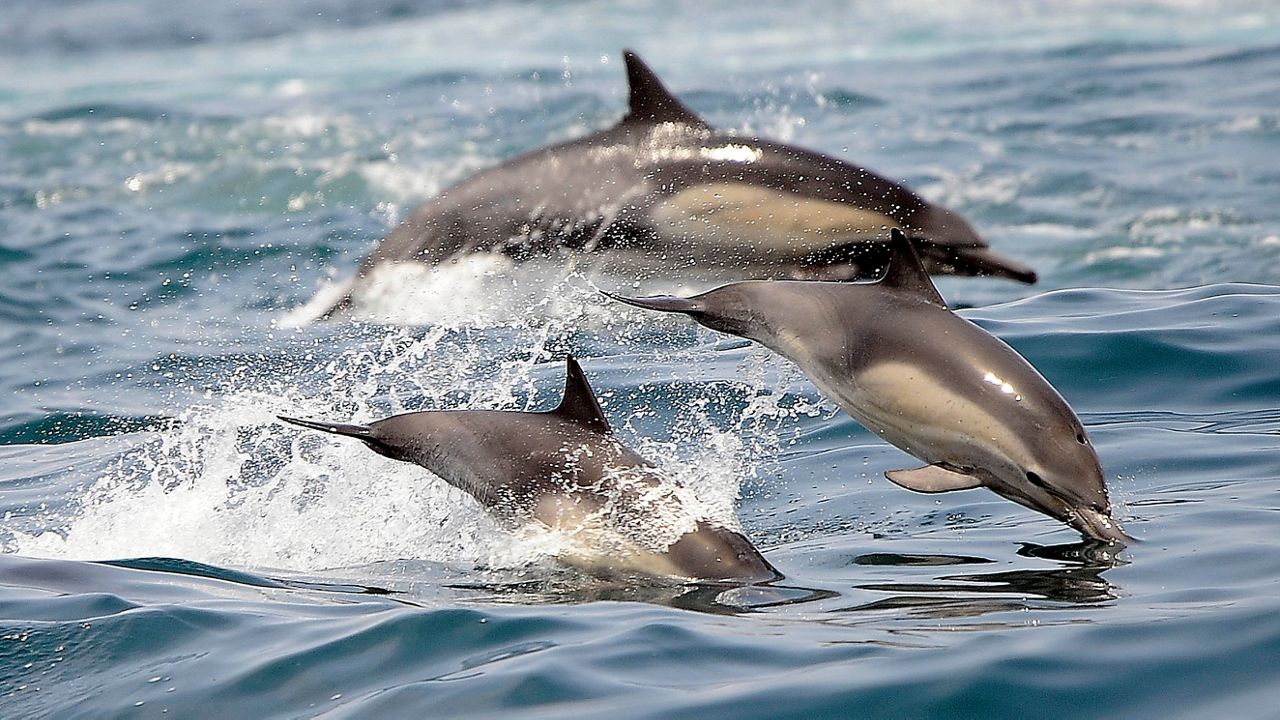The president of the United Nations’ climate change summit is under fire after an interview surfaced in which he falsely claimed there is “no science” showing that phasing out fossil fuels would help the planet limit warming to 1.5 degrees Celsius (2.7 degrees Fahrenheit) above pre-industrial levels.
What You Need To Know
- The president of the United Nations’ climate change summit is under fire after an interview surfaced in which he falsely claimed there is “no science” showing that phasing out fossil fuels would help the planet limit warming to 1.5 degrees Celsius above pre-industrial levels
- Sultan al-Jaber, who is also the chief executive of the United Arab Emirates’ state oil company, Adnoc, said Monday the comment is being misinterpreted
- The selection of al-Jaber to lead COP28 has been controversial, with critics charging it is a conflict of interest to have an oil executive running a climate conference
- His comments have only reinforced skepticism among environmentalists
Sultan al-Jaber, who is also the chief executive of the United Arab Emirates’ state oil company, Adnoc, said Monday the comment is being misinterpreted.
The COP28 conference runs through Dec. 12 in Dubai, UAE.
On Nov. 21, al-Jaber said during a virtual panel discussion for the environmental group She Changes Climate, “There is no science out there, or no scenario out there, that says that the phaseout of fossil fuel is what’s going to achieve 1.5.”
Just before making the remark, he said: “I accepted to come to this meeting to have a sober and mature conversation. I’m not in any way signing up to any discussion that is alarmist.”
Al-Jaber told former Irish President Mary Robinson, now chair of The Elders, an independent group of global leaders: “Please help me. Show me the roadmap for a phaseout of fossil fuel that will allow for sustainable socioeconomic development, unless you want to take the world back into caves.”
The Guardian was the first to report on the interview.
There is scientific consensus that humanity must quickly transition to renewable energy sources to avoid the worst impacts of climate change. Even capping warming at 1.5 degrees Celsius would lead to higher sea level that makes some coastal areas uninhabitable, tropical storms that are more intense and more frequent, heat that is more extreme, more droughts that hurt food supplies, and more wildfires that threaten homes and businesses, environmentalists say.
“No science?!” the environmental group Greenpeace International wrote in a post on X, formerly Twitter. “The science is crystal clear: every tonne of oil, coal and gas we burn means more heat, more problems. We need the UAE's #COP28 presidency to show resolute leadership and steer these negotiations towards a full and fair fossil fuel phaseout!”
The selection of al-Jaber to lead COP28 has been controversial, with critics charging it is a conflict of interest to have an oil executive running a climate conference. His comments have only reinforced skepticism among environmentalists.
“And there you have it. The mask slips. Farcical,” Bill McGuire, a U.K.-based climate scientist, wrote on X.
“Sounds like 100% climate denial to me,” added Matt England, a professor of ocean and climate dynamics at the University of New South Wales in Australia. “No wonder we’re up to COP No 28.”
Al-Jaber called a news conference Monday to insist he believes that “the phasedown and phaseout of fossil fuels is inevitable. In fact, it is essential.”
"I said the same many times, and I said that even again in my opening remarks at COP28,” he said. “But guess what? It was barely picked up. Barely. But one statement taken out of context with misrepresentation and misinterpretation, it gets maximum coverage.”
Asked about al-Jaber’s remarks dismissing a phaseout of fossil fuels, U.S. Special Presidential Envoy for Climate told CNBC: “That’s not the argument. The G7 countries voted that there should be a phasing out of unmitigated fossil fuel emissions and what there is science for is keeping 1.5 degrees as your North Star.
“Every decision we make should be geared to say, ‘Does this advance the 1.5 degrees or is it going to be more destructive and take us in the wrong direction?’” he added.
A transition away from fossil fuels has been one of the most hotly debated topics at COP28, and the language in the conference’s final agreement could impact how aggressively countries try to curb greenhouse gas emissions.
Former U.S. Vice President Al Gore, a prominent environmental advocate, told The Guardian in an article published Monday: “There is only one measure of success for COP28: Will it include a commitment to phaseout fossil fuels or not?” he said. “If it does include such a commitment, it will be a smashing success; if it does not, it will be a failure.”






